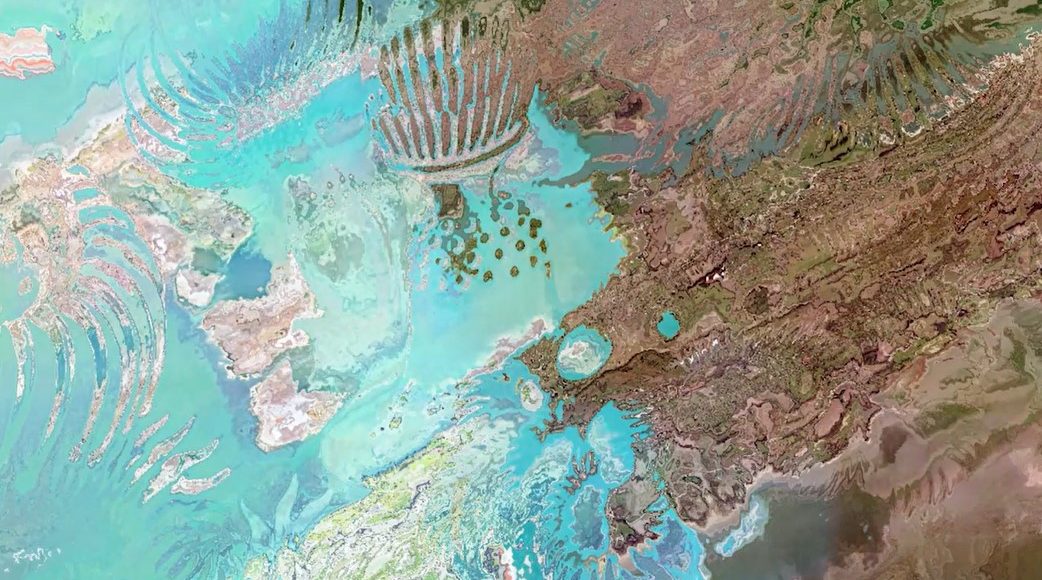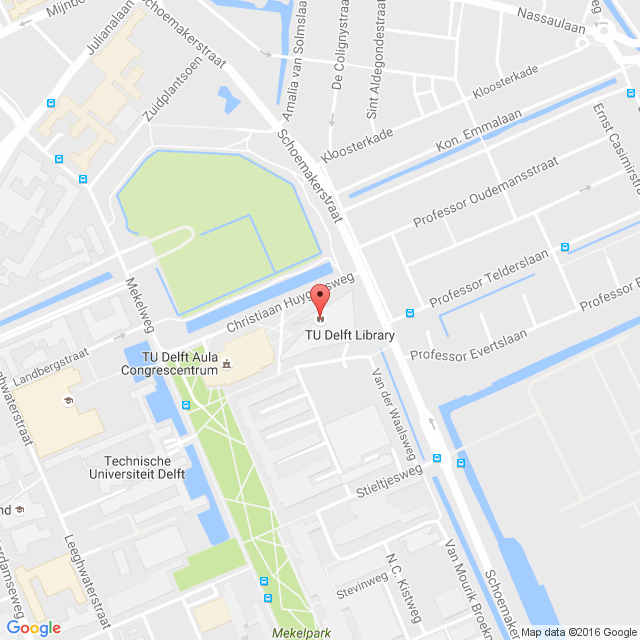If our planet could speak, what would it say? And if we could listen, what would we do?
Immerse yourself in an innovative exploration of climate change, where the boundaries between art, science, and nature blur. Join us as we plunge into the depths of this elusive challenge: to use technology to speak to nature.
In collaboration with the Climate Action program of TU Delft, Studium Generale presents a series on climate change, and at its heart lies an extraordinary creature: the jellyfish. Developed by PhD candidate Letizia Artioli, our jellyfish is a multimedia installation that breathes life into climate data, translating it into colour and sound. Help us welcome the jellyfish to the surface in The Library, in an encounter bridging nature and humanity.
Herman Russchenberg, professor in Atmospheric Remote Sensing and TU Delft vice rector magnificus for climate action, will give a short presentation on the current state of climate science.
Speakers:
The Jellyfish has been set the goal of engaging in conversation with humanity. It can translate atmospheric data, as well as the voices of future generations, or the outraged citizen. However, as a transparent, calmly floating marine creature, it may prove challenging to read.
Herman Russchenberg is a full professor in Atmospheric Remote Sensing and the head of the Department of Geoscience and Remote Sensing. Since 2021, he has been the TU Delft vice rector magnificus for climate action. He leads the TU Delft Climate Institute.
Letizia Artioli is an Architecture PhD candidate at the University of Venice, as well as part of the MA ArtScience at the Royal Academy of Art (KABK) in The Hague. She is the founder of the Venice Climate Change Pavilion, an innovative project at the intersection of art and science, augmented reality, and tactical urbanism. She developed the jellyfish.
Marieke Sjerps, programme maker for Studium Generale and a creative writer, will invite the audience to interact with the jellyfish.


